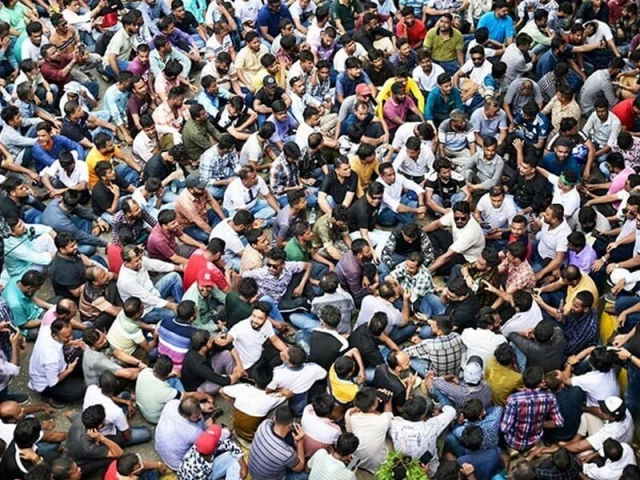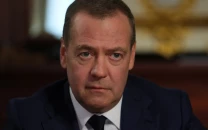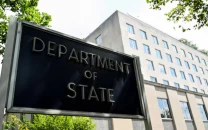Protests grip Bangladesh
.

Primary school teachers in Bangladesh joined public sector workers in protests against the interim government on Monday amid growing discontent and political uncertainty in the South Asian country.
Nobel peace laureate Muhammad Yunus, 84, took over as interim head of the country of 173 million last August after deadly student-led protests forced then Prime Minister Sheikh Hasina to flee to India. Yunus' administration has faced pressure from civil servants, teachers, political parties and the military as the caretaker government attempts to guide the country through a fragile transition before holding a general election.
Wahiduddin Mahmud, the planning adviser in Yunus' cabinet, however, said the de-facto prime minister was not quitting. "We are not going anywhere till our job is done," Mahmud said during the weekend, adding that Yunus acknowledged the obstacles but remained committed to holding a fair election.
The interim government has been caught between competing demands for swift general elections and reforms. Yunus has said the elections could be held by June, 2026 while the Bangladesh Nationalist Party (BNP), led by former Prime Minister Khaleda Zia, has been pushing for polls by December.
Bangladesh's army chief, General Waker-Uz-Zaman, added to the pressure by calling for elections to be held in December during a speech last week, expressing his dissatisfaction over the political situation.



















COMMENTS
Comments are moderated and generally will be posted if they are on-topic and not abusive.
For more information, please see our Comments FAQ